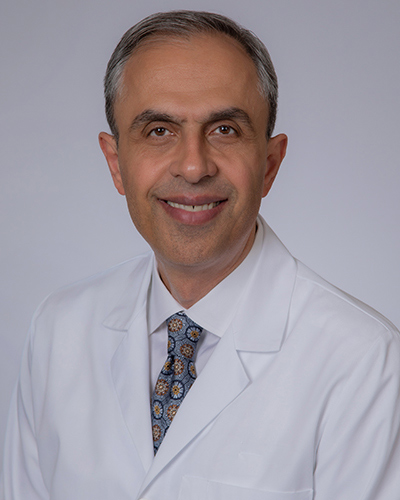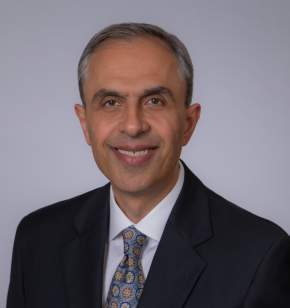What Happens in a Second Opinion?

Many doctors can have differing opinions on a diagnosis, best course of treatment, and prognosis. As such, it is not uncommon to ask other doctors or surgeons for a second or even third opinion. Besides providing you with more information about your condition, a second opinion allows you to compare all treatment options and find a healthcare team that will best support you and your healthcare goals. The confidence you can gain in your decision with a second opinion visit is invaluable.
Why Is It Important to Get a Second Opinion?
A second opinion can be valuable prior to deciding on a treatment plan, especially if you are diagnosed with a complex or serious medical or neurosurgical condition and the recommended course of treatment is risky. Seeking opinions from multiple doctors can equip you with more information to compare all options and determine which treatment would be best for you.

Getting a second opinion can also help to clarify a previously unclear diagnosis. In 2017, a study found that 66% of patients with uncertain diagnoses that were referred to specialists by their healthcare team had a better-defined diagnosis. In 21% of patients, the diagnosis was completely different.
In the case where a diagnosis cannot be determined, your healthcare provider will likely consult or refer you to specialists without you having to ask. If symptoms persist despite treatment, you may want to request a second opinion about your diagnosis or discuss other treatment options with your medical provider.
Why should you have your surgery with Dr. Cohen?
Dr. Cohen
- 7,500+ specialized surgeries performed by your chosen surgeon
- More personalized care
- Extensive experience = higher success rate and quicker recovery times
Major Health Centers
- No control over choosing the surgeon caring for you
- One-size-fits-all care
- Less specialization
For more reasons, please click here.
When Should You Seek a Second Opinion?
In general, you should consider a second opinion if:
- You are diagnosed with a serious medical condition and choosing a treatment option will have a significant impact on your life.
- The diagnosis is unclear or symptoms persist despite treatment.
- You want additional information about your disease, treatment, and prognosis.
- You feel unsatisfied with the treatment options presented or the interactions with your doctor at your initial visit.
Asking for a second opinion is a standard practice and will not insult your doctor. Doctors often ask each other for second opinions to provide the best care possible for their patients. Please do not hesitate to tell your doctor that you would like to get a second opinion. Request copies of your medical information and ask that it be transferred to the doctor that will provide a second opinion. Many insurance policies will pay for second and even third opinions, however, verify your insurance coverage prior to scheduling the appointment.
What Happens at a Second-Opinion Appointment?
A second opinion appointment may occur virtually or in person. Make sure that you have all your medical records prepared for the visit and if possible, have this transferred to the doctor beforehand. Ask the office if any additional test results or other medical information should be sent in ahead of time.
During the appointment, the doctor may ask questions about your symptoms and diagnosis, then perform a physical exam to supplement information from your health records and update it if necessary. Unlike a routine visit for a health issue where there is a standard approach to identify a diagnosis for your symptoms, a second opinion appointment may be less structured and tailored to what you want out of the visit.
Be prepared to explain what your initial doctor told you about your condition in a calm and composed way. Ask for the second doctor’s opinion before providing your own opinions to receive a less biased response. Think of questions you would like to ask prior to the visit. Writing these questions down and taking them with you can be very helpful during the appointment, especially if you become nervous or overwhelmed with new information and forget about the other questions you wanted to ask.
Remember that your health is of utmost priority. Do not hesitate to ask questions if anything is unclear. Request that the physician speak slower, and that medical terminology be explained in layman’s terms if necessary. Find a physician and healthcare team that will respect your preferences and do what is best for you.
Do your research ahead of time to make sure you have selected the doctor or surgeon who has the most ideal expertise and qualifications to provide you with a second opinion. Gaining the confidence you need in your diagnosis and treatment plan is essential and securing a third opinion to reach this goal is reasonable.











